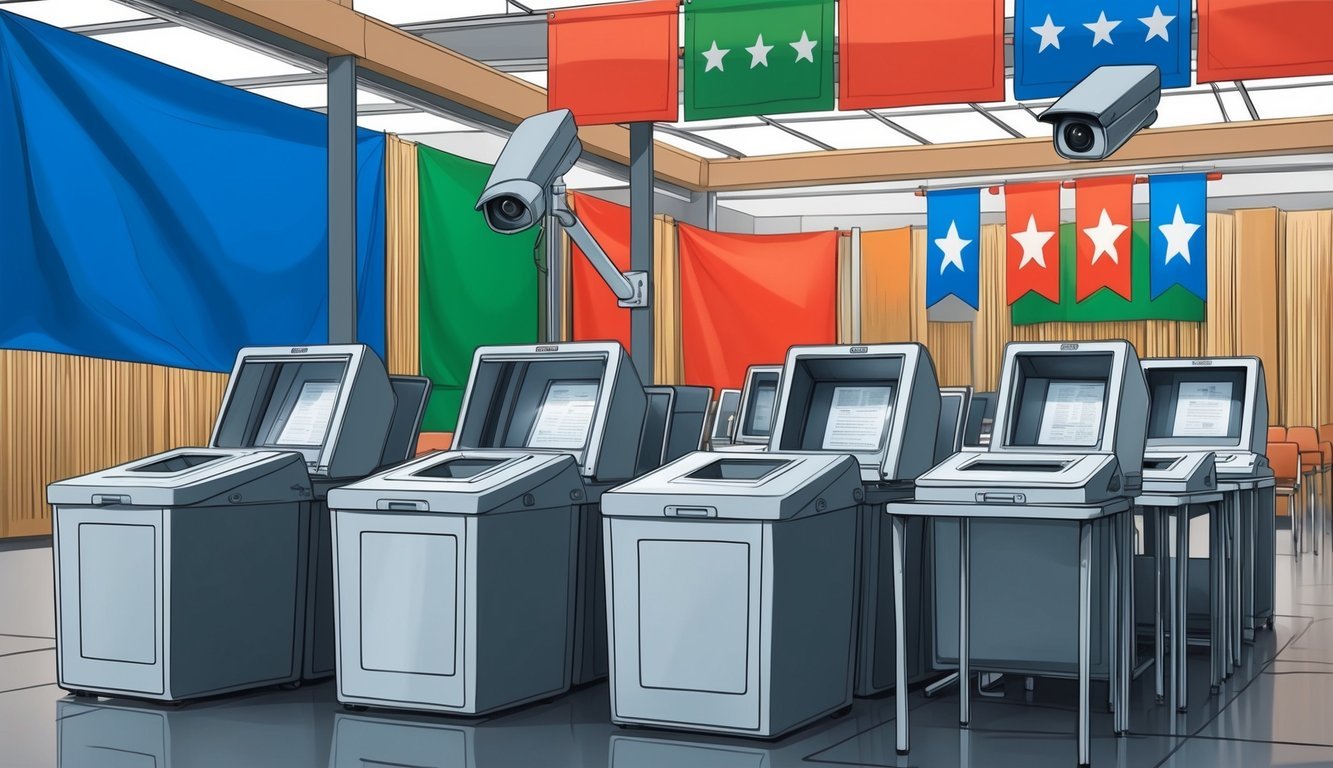
On Friday, the Supreme Court of India issued a ruling directing the Election Commission of India (ECI) to preserve video recordings of the voting process. This order comes as the court hears a legal challenge regarding the recent increase in the number of voters allowed per polling station. Critics argue that raising the limits could leave some voters without the opportunity to cast their ballots, particularly in overburdened polling locations.
Supreme Court’s Directive
The Supreme Court has given the ECI three weeks to prepare and present a detailed explanation for its decision to elevate the voter capacity at each polling station. This follows a previous order from December 2024. Additionally, the court emphasized the necessity for the ECI to maintain its practice of collecting and securing CCTV and video footage from the polling process.
Concerns Over Voter Access
During earlier hearings, the court expressed concerns about how the increased limits on voters could hinder individuals from participating in elections. There were worries that some polling stations may not be equipped to handle a larger influx of voters. In response, the ECI defended its decision, pointing out that the current cap of 1,500 voters per station has been in place since 2019 without significant problems. They noted that voter turnout tends to peak in the later hours of the polling day, while mornings generally witness less congestion at the stations.
Election Commission’s Responsibilities
The court reiterated that it is crucial to ensure that all voters can access the polling process smoothly and without obstacles. This ongoing legal dispute specifically challenges an ECI announcement that raised the maximum voter count at each polling station from 1,200 to 1,500. It’s worth mentioning that any establishment of new polling stations can only occur if voters are fairly redistributed from nearby locations.
Under Section 25 of the Representation of the People Act, 1951, district election officers, upon receiving approval from the ECI, are tasked with ensuring that an adequate number of polling stations is available in each constituency they manage.
Source: Jurist

